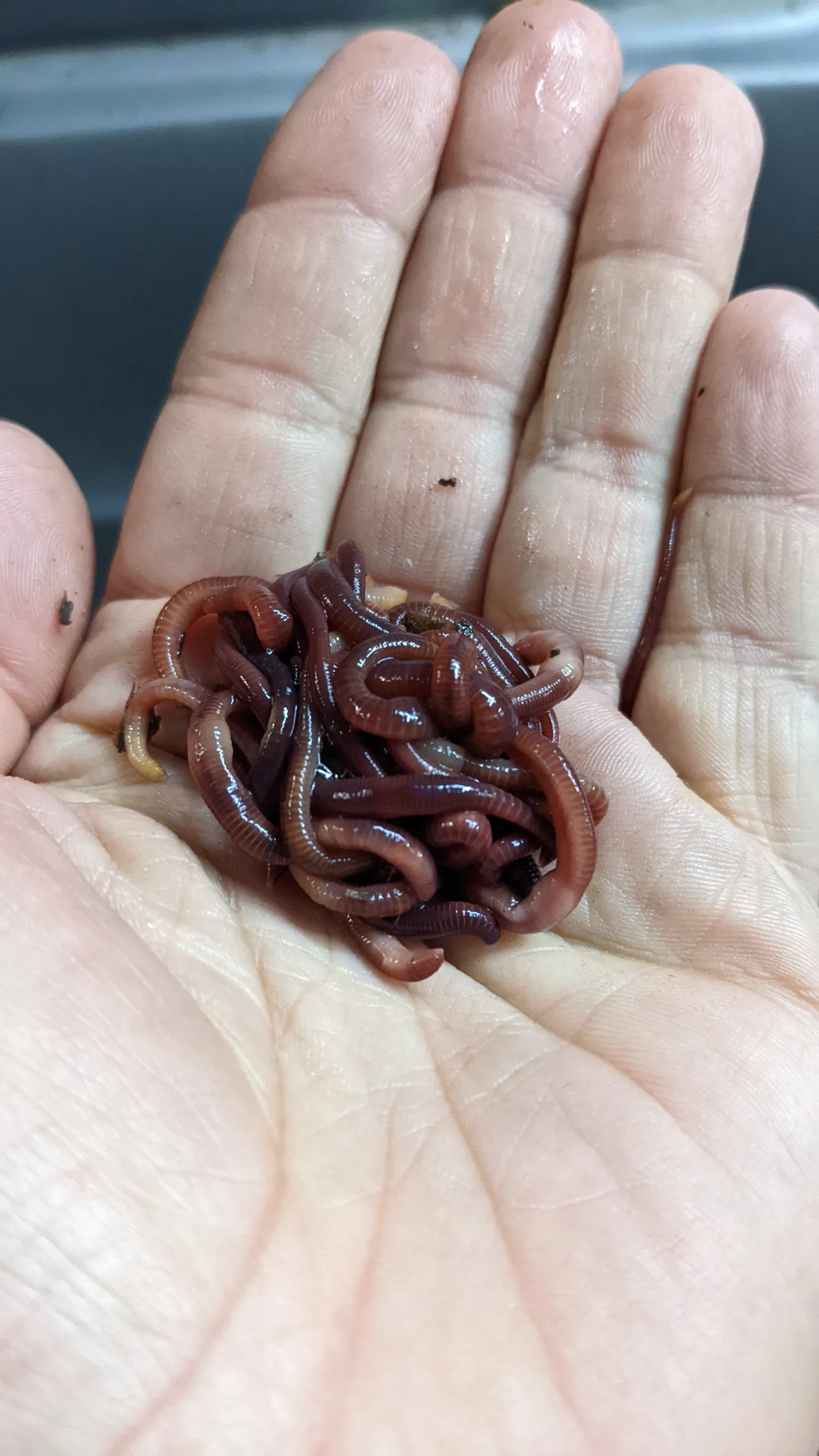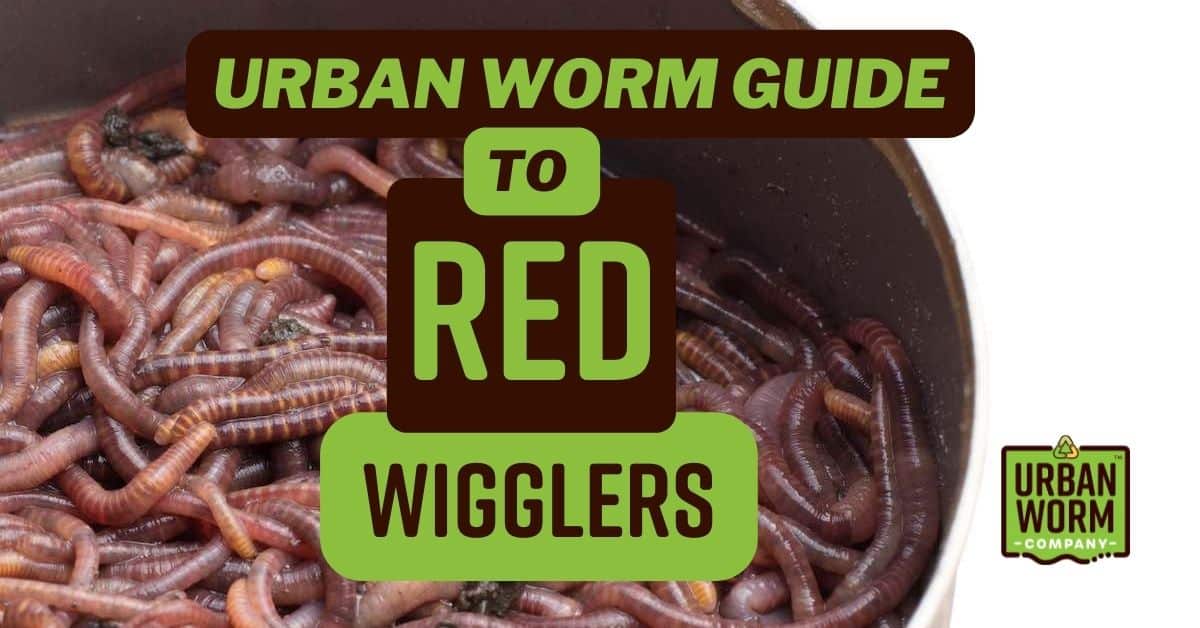Some Known Details About Red Wiggler Express
Some Known Details About Red Wiggler Express
Blog Article
The Best Strategy To Use For Red Wiggler Express
Table of ContentsAll about Red Wiggler ExpressThe 2-Minute Rule for Red Wiggler ExpressThe Best Guide To Red Wiggler ExpressRed Wiggler Express Things To Know Before You Buy6 Simple Techniques For Red Wiggler Express
And the growing Red Worm population? Also in the heap that was established up straight in front of backyard composters with existing Red Worm swarms.
Numerous selections, including Red Wigglers, European Nightcrawlers, and Lumbricus types were brought over from the European continent. However below's the thingNative or not - and as skilled as they go to being able to endure in a wide-range of environments and conditions -. To put it simply, they are much more most likely to hang around in any kind of active composting systems you have set up, than they are to wander off and begin spoiling the setting.
Origins require oxygen for respiration and depend on smooth airflow within the dirt to grow. When it rains, soil can become saturated with water, lowering the oxygen readily available and hindering nutrient absorption. To preserve an optimum balance, the soil has to permit water to drain pipes adequately, leaving enough room for air to sustain origin health and wellness
Little Known Facts About Red Wiggler Express.

When it involves worms for composting, what enters your mind? If you were an earthworm dog breeder, supplier, or plain gardener, then you 'd understand that red wiggler worms are the perfect worms for vermicomposting. To read more about these planet marvels, reviewed several of the red worm facts below.
(https://free-weblink.com/Red-Wiggler-Express_216693.html)Yet if they stretch their bodies, you'll have the ability to see the red stripes on their skin. When elevating worms such as red wiggler worms, you should be able to know exactly how to make great usage of them. When you have the ability to maintain and care for their habitat well, and likewise feed them the ideal type of organic wastes, then they'll be able to generate nutrient-packed and quality-rich worm spreadings for you (likewise called worm poop or garden compost).
The Red Wiggler Express Statements
What do worms consume? Well, these red wriggler worms can be fed with kitchen area scraps and garden wastes. Any decaying natural stuff will do like vegetable and fruit peels, crushed egg shells, made use of tea bags, coffee premises, yard cuttings, completely dry fallen leaves, and others. Make sure not to feed them foods items that are oily, citrusy, or has meat or milk in them.

This habits makes them fit permanently in worm bins, compost stacks, and various other restricted areas where natural waste is plentiful. Producing an optimal environment for red wigglers requires a thoughtful technique. Consider the following necessary components to look after red wigglers in the house and ensure their health: Make use of a bedding of shredded newspaper or cardboard.

Add a handful of dry, shredded paper if the bin becomes as well wet. They do! Red wiggler worms replicate by laying small, lemon-shaped eggs in safety cocoons. These cocoons are normally deposited in the bedding and hatch into child worms within a couple of weeks. The fast recreation cycle of red wigglers is among the reasons they are preferred for vermicomposting.
The Basic Principles Of Red Wiggler Express
Their adaptability and durability have made them a preferred choice for vermicomposting in different areas around the world. Take into consideration protective measures for extremely severe temperatures such as: Shielding the worm container with layers of straw or leaves. Worm Farms Near Me.

When dealing with your red wigglers it is essential to keep in mind to: 1) K.I.S.S (Maintain it Simple) and 2) every little thing in small amounts. These rules relate to feeding your garden compost worms, watering your worm containers, and nearly whatever else entailed in looking after them. Just keep in mind - you can constantly include even more food later on (but it's difficult to eliminate feed once it's been included to a container!).
Due to the fact that I fed the red wigglers and compost worms also a lot, they weren't able to maintain up and over time the older food went uneaten and produced anaerobic conditions that eliminated the worms. Right here're the 6 golden policies for just how commonly and exactly how much to feed your worms: Guideline # 1: Moderation!
The 25-Second Trick For Red Wiggler Express
Leftover food will certainly lead to anaerobic conditions that will certainly eliminate your online worms. Policy # 6: After the first feeding, feed the worms 1/3 to 1/2 of their weight.
Report this page